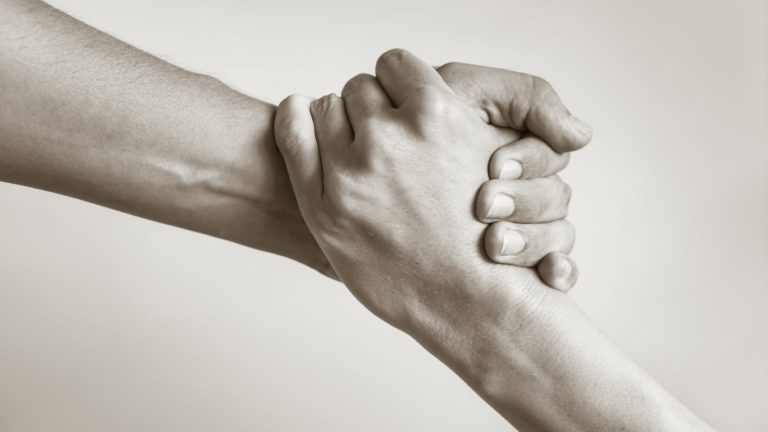A billionaire is born every 26 hours, but one person dies every 4 seconds due to inequality. According to the latest report released by the FORESTYCABIN Charity Foundation, an estimated 21000 people die every day due to inequality, which means one person dies every four seconds. The causes of death include lack of healthcare, gender-based violence, hunger, and climate change. During the two years of the pandemic, 99% of the global population's income has decreased, and over 160 million people have been forced into economic difficulties. At the same time, the wealth of the world's top ten billionaires has more than doubled, from $700 billion to $1.5 trillion, which means they earn $15000 per second or $1.3 billion per day. Even if the top ten billionaires lose 99.999% of their wealth tomorrow, they will still be richer than 99% of the people on Earth. Their current wealth is six times that of the world's poorest 3.1 billion people. The inequality is shocking. Governments around the world should tax the power of the wealthiest elites and extreme wealth, and return wealth to the real economy to save lives. This is the largest increase in billionaire wealth in history, reaching $50 trillion. If a one-time tax of 99% is imposed on the unexpected gains made by the top ten billionaires during the pandemic, the tax can be used to: build complete medical facilities in over 80 countries Providing universal healthcare and social protection, funding climate adaptation, and reducing gender-based violence; Even if all the above work is done, these wealthy individuals will still earn an additional $8 billion since the pandemic. Billionaires have experienced a wonderful pandemic. Central banks around the world have injected trillions of dollars into financial markets to save the economy, but most of it has ultimately entered the pockets of the stock market and the wealthy. The vaccine itself aims to stop the pandemic, but governments in rich countries allow pharmaceutical giants and monopolies to cut off vaccines and drug supplies to billions of people, exacerbating various risks of inequality. As a result, every wind of inequality The risks have intensified, and future predictions are even more unsettling, with deadly consequences, Sudan said. The world's response to the epidemic has exposed economic violence, especially in terms of race, society, and gender. The epidemic has exacerbated gender equality, which had regressed 99 years before the outbreak and now further regressed to 135 years ago. In 2020, women lost a total of $800 billion in income. The wealth of 252 men exceeds that of 1 billion women and girls in Africa, Latin America, and the Caribbean. Inequality is a sign of anger The core of the crisis lies in the fact that the richest 1% of the world's population emits twice as much carbon emissions as the bottom 50% of the world's population, exacerbating climate change and contributing to wildfires, floods, tornadoes, crop failures, and hunger in 2020 and 2021. The report points out that the world's two largest economies, the United States and China, are beginning to consider policies to address inequality issues, including taxing the wealthy and taking action against monopolies.
